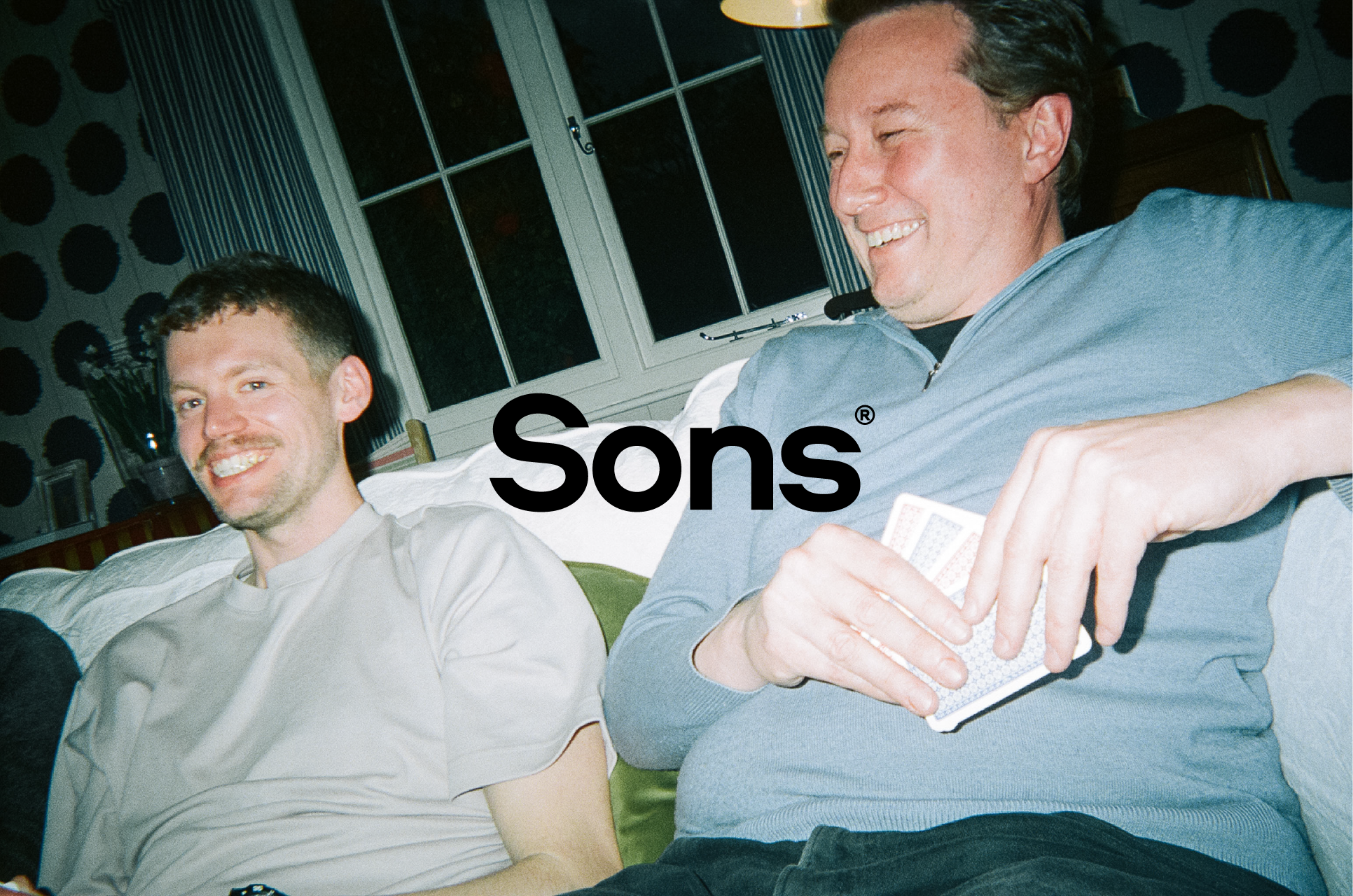

Careforsons Holdings (Ireland) Ltd

1.6
County Dublin, Ireland
August 2025
Personal care products
Wholesale/Retail
Germany,
Ireland,
United Kingdom
Sons was founded in 2019 by two friends, Will Kennedy and Dr Adrian Gilbane. In their late twenties they became increasingly aware that losing their hair was a possibility. Not ready to go completely bald, they looked for solutions but were left confused and frustrated by the clinics and treatments available. Over a pint they looked to find a solution, and came upon the idea of Sons, a men’s hair loss brand to tackle hair loss without the awkwardness or hassle of going to a clinic or chemist - sending medically-proven treatments straight to your door. These effective solutions fit easily into everyday life, with easy-to-use subscriptions and treatment plans. And with the most comprehensive product range dedicated to men’s hair health, they’ve got every stage and type of hair issue covered. As part of its mission to change how men treat hair loss, Sons is also committed to building a sustainable future - achieving carbon neutrality, embracing eco-friendly packaging, and sourcing responsibly - while also fostering a workplace that champions well-being, diversity, and inclusion. Sons also actively engages with mental health charities by supporting them by donating a portion of sales. While Sons continues to evolve, there's potential for improvement in formalising sta
Overall B Impact Score
Governance 17.9
Governance evaluates a company's overall mission, engagement around its social/environmental impact, ethics, and transparency. This section also evaluates the ability of a company to protect their mission and formally consider stakeholders in decision making through their corporate structure (e.g. benefit corporation) or corporate governing documents.
What is this? A company with an Impact Business Model is intentionally designed to create a specific positive outcome for one of its stakeholders - such as workers, community, environment, or customers.
Workers 29.0
Workers evaluates a company’s contributions to its employees’ financial security, health & safety, wellness, career development, and engagement & satisfaction. In addition, this section recognizes business models designed to benefit workers, such as companies that are at least 40% owned by non-executive employees and those that have workforce development programs to support individuals with barriers to employment.
Community 13.9
Community evaluates a company’s engagement with and impact on the communities in which it operates, hires from, and sources from. Topics include diversity, equity & inclusion, economic impact, civic engagement, charitable giving, and supply chain management. In addition, this section recognizes business models that are designed to address specific community-oriented problems, such as poverty alleviation through fair trade sourcing or distribution via microenterprises, producer cooperative models, locally focused economic development, and formal charitable giving commitments.
Environment 16.0
Environment evaluates a company’s overall environmental management practices as well as its impact on the air, climate, water, land, and biodiversity. This includes the direct impact of a company’s operations and, when applicable its supply chain and distribution channels. This section also recognizes companies with environmentally innovative production processes and those that sell products or services that have a positive environmental impact. Some examples might include products and services that create renewable energy, reduce consumption or waste, conserve land or wildlife, provide less toxic alternatives to the market, or educate people about environmental problems.
Customers 14.3
Customers evaluates a company’s stewardship of its customers through the quality of its products and services, ethical marketing, data privacy and security, and feedback channels. In addition, this section recognizes products or services that are designed to address a particular social problem for or through its customers, such as health or educational products, arts & media products, serving underserved customers/clients, and services that improve the social impact of other businesses or organizations.
What is this? A company with an Impact Business Model is intentionally designed to create a specific positive outcome for one of its stakeholders - such as workers, community, environment, or customers.